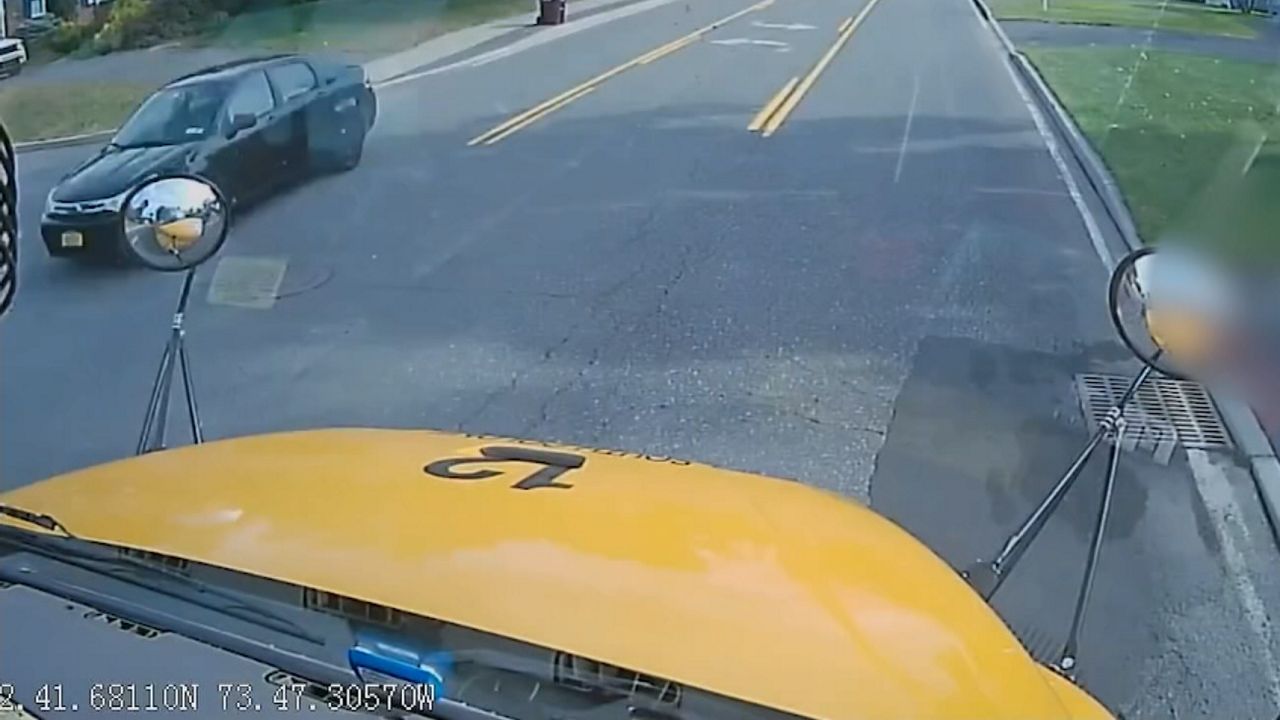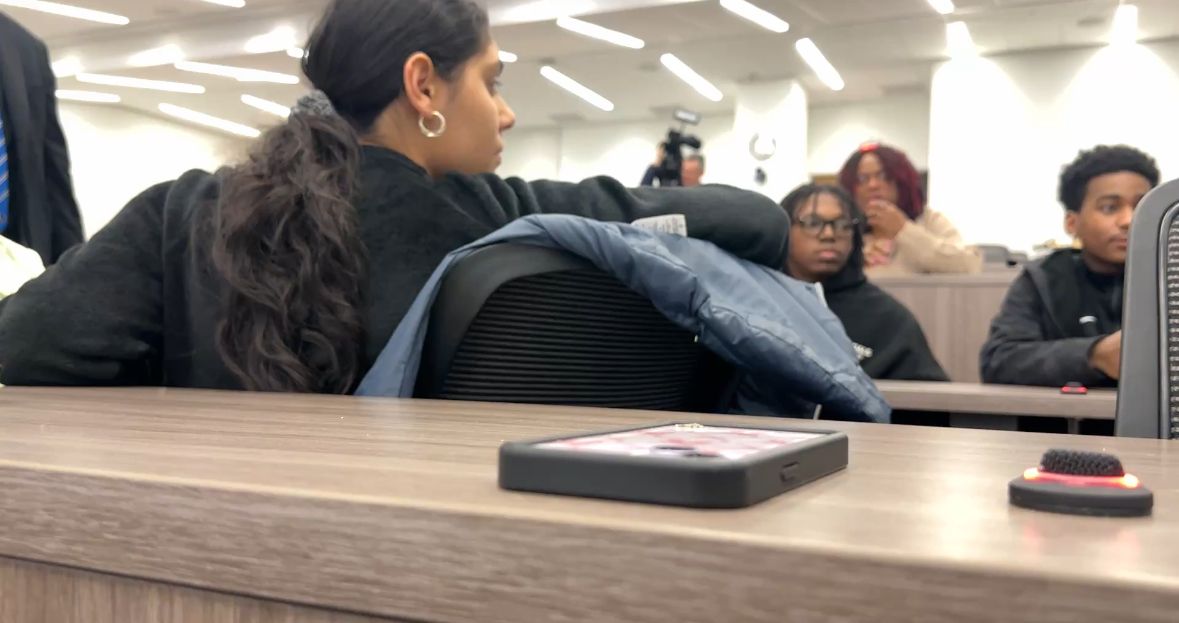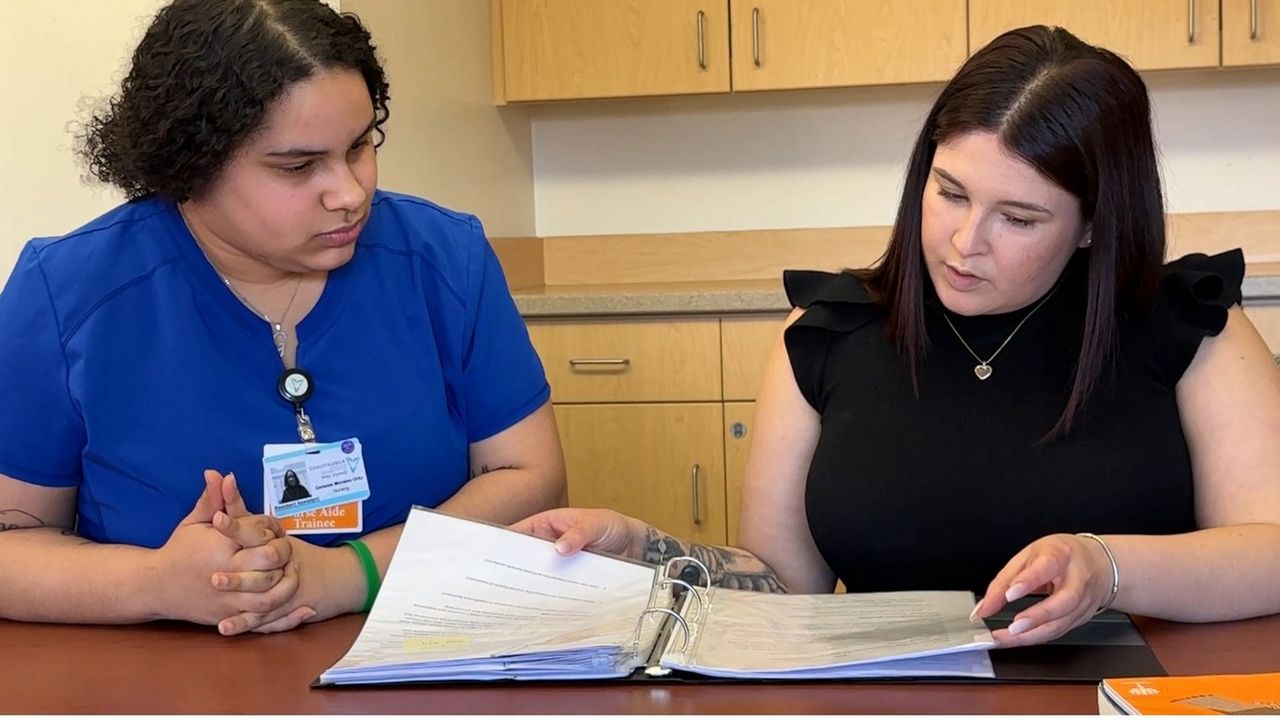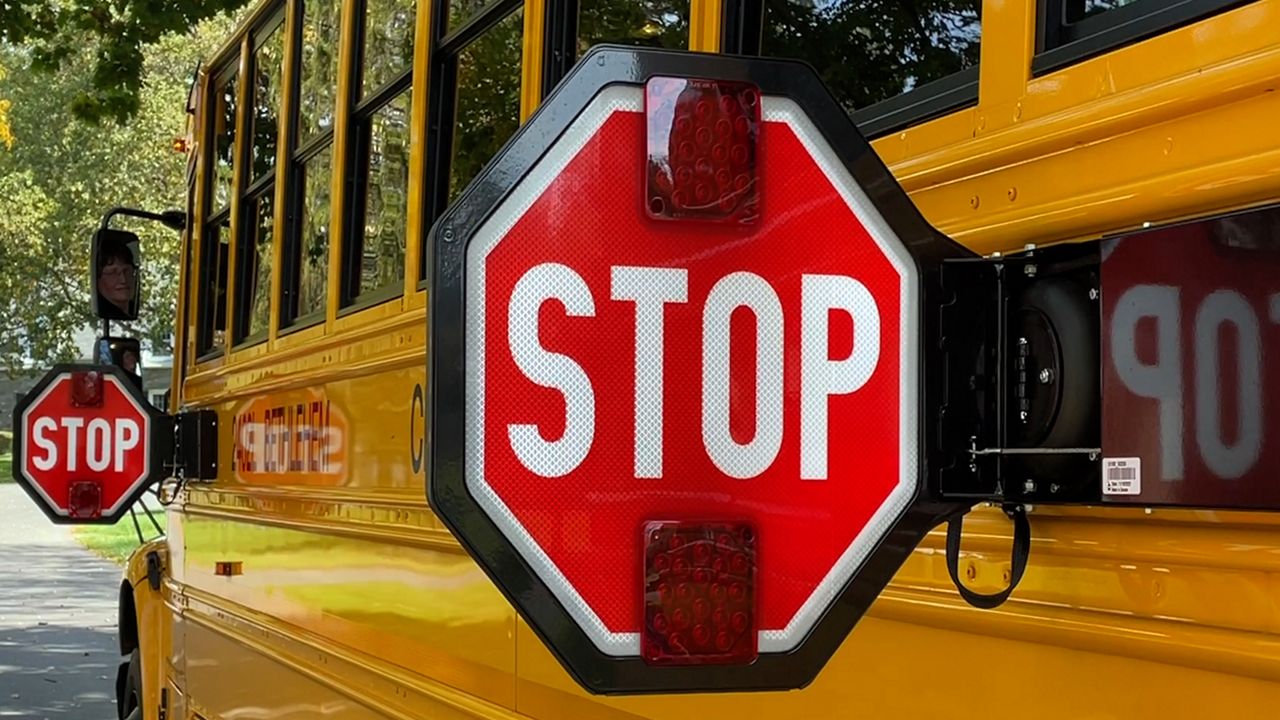AMHERST, N.Y. — Study abroad programs have been one of the many things put on hold because of the COVID-19 pandemic. As countries start to reopen, SUNY’s programs are still up in the air.
"What's happening here at the University at Buffalo isn't necessarily unique to what's happening across the country," said Adam Rubin, assistant vice provost and director of education abroad at UB.
Rubin is new to the university, but he knows how frustrating the past few semesters have been when it comes to study abroad.
"Really, over the past three or four sort of cycles, it's been always with an asterisk or a caveat," he said.
UB typically has 500 to 800 students in 40 to 50 countries, doing various programs. Now, those have been replaced with virtual programs. They're engaging, but not the same.
As other schools being to restart their study abroad programs, SUNY is holding back.
"SUNY is approaching things in many ways, in a similar fashion to other schools. It's just that the risk tolerance level is a bit different and they have the responsibility for so many campuses," Rubin said.
They’re keeping an eye on CDC levels and if international travelers will even be allowed in to certain countries, but things are moving forward.
"For spring, we're going through the petition process to hopefully allow a small number of UB students to study abroad in country and right now some of the countries that potentially will be possible include Italy, Denmark, the Netherlands, and South Korea," said Rubin.
He can’t wait. Rubin knows how much study abroad can mean.
"My high school study abroad experience changed my life. The fact that we're talking today is a direct outcome of that experience," he said.
He lived in Japan for 10 years as a result and was inspired to get into the career he has today.
"It helped me gain confidence in my ability to deal with new and unfamiliar situations. It helped me learn to communicate in different ways when your basic language doesn't work. It helped me gain a different perspective of like, what does it mean to be an American abroad," Rubin explained.
These are lessons he hopes UB students will soon be able to learn themselves.
"I think we're seeing that with a lot of students, is they're adjusting their plans and they're really trying to make the best of a difficult situation," he said.
One positive thing Rubin has noticed is that a lot of first-years have come into the education abroad office, already curious about their opportunities.
He hopes once programs open up, there will be plenty of interest.










